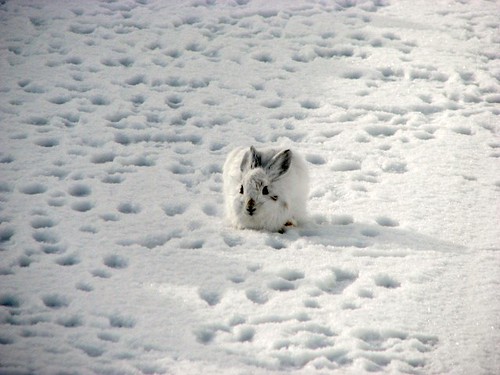I see you, some would say 'hear' even though much of online communication is visual. We all see each other across the blogs, the tweets, and so many other social media/networking venues.
We've developed social media information filters that help us to identify, learn from, share, and discuss the crucial from the chaff (sometimes mocking the chaff!) to varying degrees. This is amazingly sophisticated cognitive activity, but that is a post for another time. Questions of policies, procedures, and 'what to do' with this information in an unregulated and non-standardized world are a natural and expected response. We always seek order in the inevitable chaos.
What is the answer, the conclusive research pointing to the utmost in best practices for this? I don't know. If you stumble across it out there, let me know?
When it comes to the flow of information in channels we may not necessarily be familiar or comfortable with though,
we have to try them out. This has been and always will be the case if the library and information sciences field will continue to not only survive but thrive. Sitting back and watching it fly by without interaction will not cut it in the 21st century, nor result in understanding your users and their information needs... and they can & will go elsewhere to have them met.
You don't have time to try things out?
I encourage you to read this and reconsider.
A few examples of trying things out that I'm excited about from the US Department of Health and Human Services (
HHS)is the
authentication of HHS Twitter accounts (although
@healthfinder is legitimate and new as of yesterday) and the use of
IntenseDebate on
newmedia.hhs.gov. Newmedia is where various parties across HHS are collaborating on ways to incorporate social media in their institutions. A
comment and invitation follow:
This is an experiment in social media, in using the tools of social media to inform, shape and educate about social media. As such, it really ought to involve everyone. . The site was conceived by and run by folks across HHS. But we've opened it to the word. We do so for both altruistic and selfish reasons. Altruistic because it costs nothing and benefits all if we share what we learn. Selfish because the bigger the crowd, the greater the wisdom. We're interested in what you think, not who you are or where you work
I see you.
I see your frustration, feeling that your feedback about the changes in PubMed are not being heard. For context; PubMed is one of many services of the National Library of Medicine, which is one of 27 organizations within the National Institutes of Health, which is one of 11 agencies under HHS.
About a month ago I was told about newmedia.hhs.gov, asked for my own feedback, and posted this with bold emphasis mine here & not in the original comment:
Thank you for this venue! From my perspective (NIH /NLM /NN/LM) there is a need to gather all the news & information-sharing resources within each agency to one central (and easy to find) location on the agency website with RSS feeds available for each resource. On my own time I've researched & blogged some of the frustration encountered trying to locate news about NCBI's (part of NLM) Discovery Initiative and how it affects PubMed at http://eagledawg.blogspot.com/2008/12/pubmed-disc... and http://eagledawg.blogspot.com/2009/02/hidden-in-b...
Would also LOVE to see IntenseDebate as a feedback forum for PubMed!
Do you see me? If so please consider joining
IntenseDebate, visiting my link, and clicking the thumbs-up icon. Share your own focused, specific, helpful ideas not just about PubMed but all that HHS encompasses.
This is not
The Way, not by a longshot. I'm still reflecting on the f
eedback about crowdsourcing from President Obama's recent usage of
Open For Questions as a communication channel. This is
trying something out in a very transparent channel.









